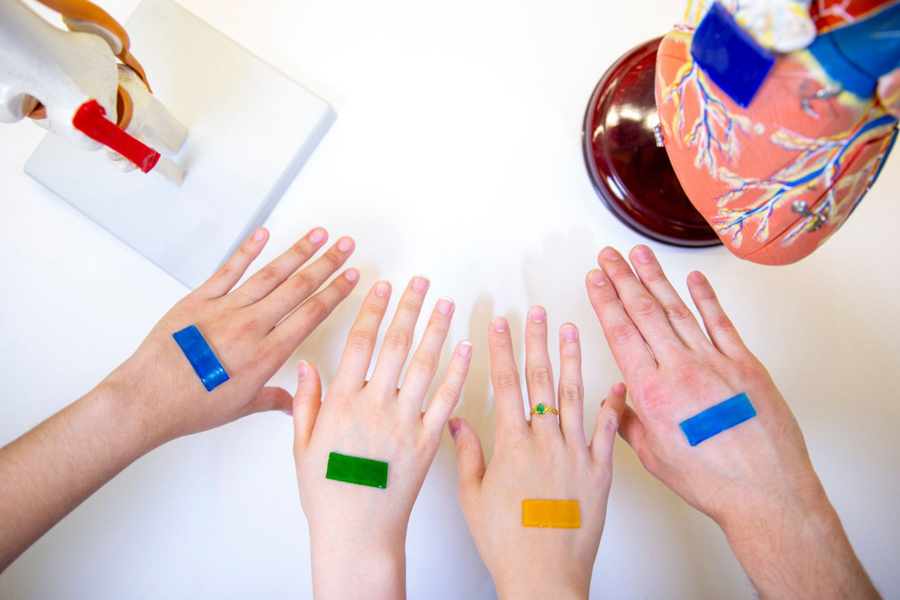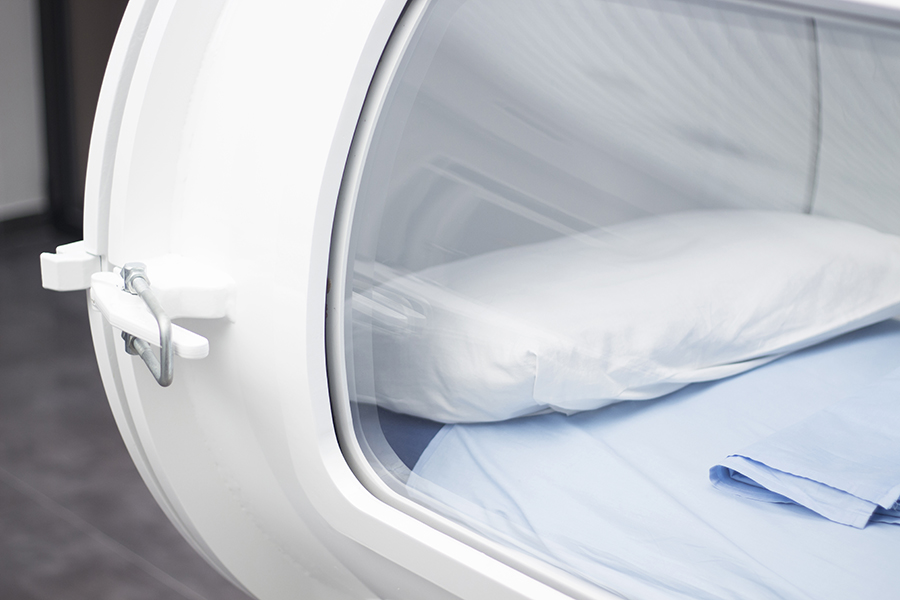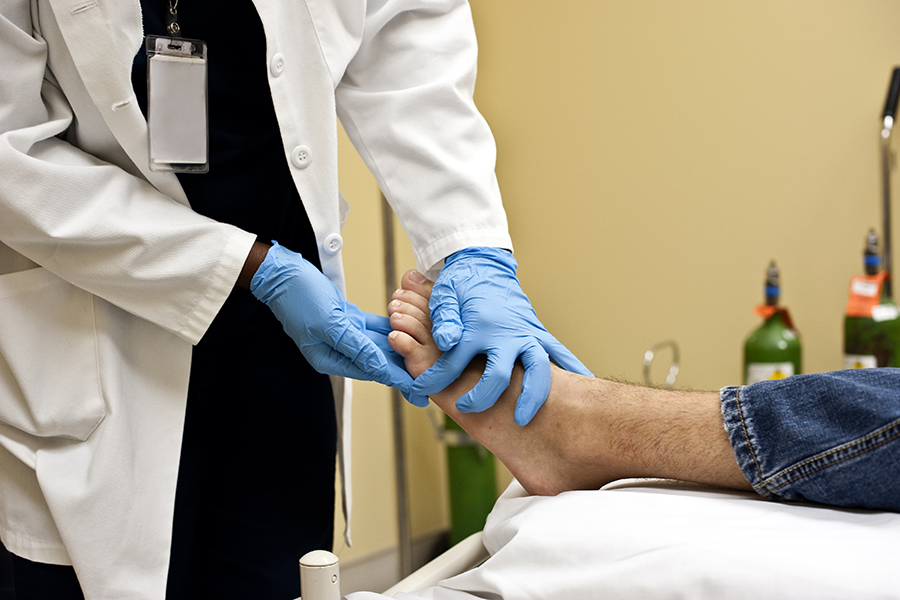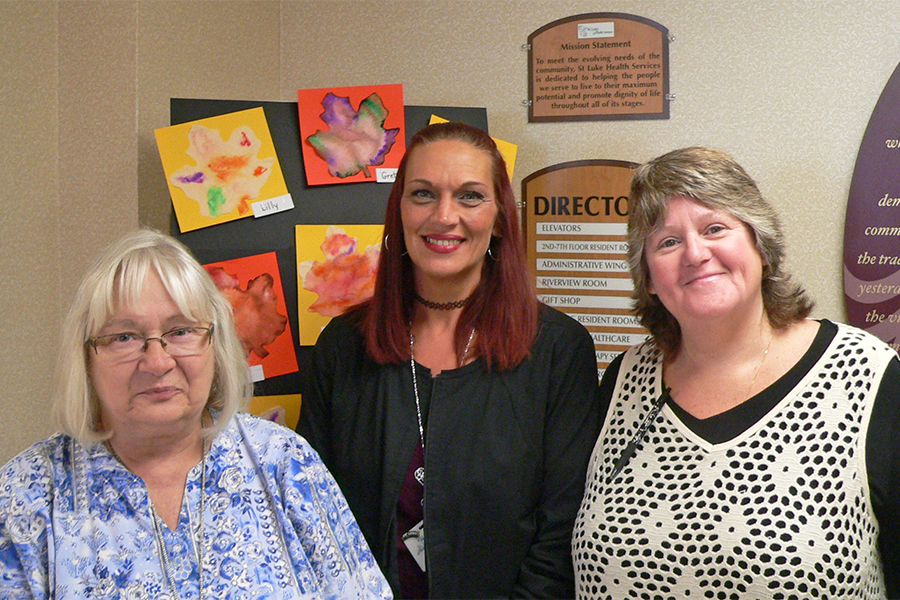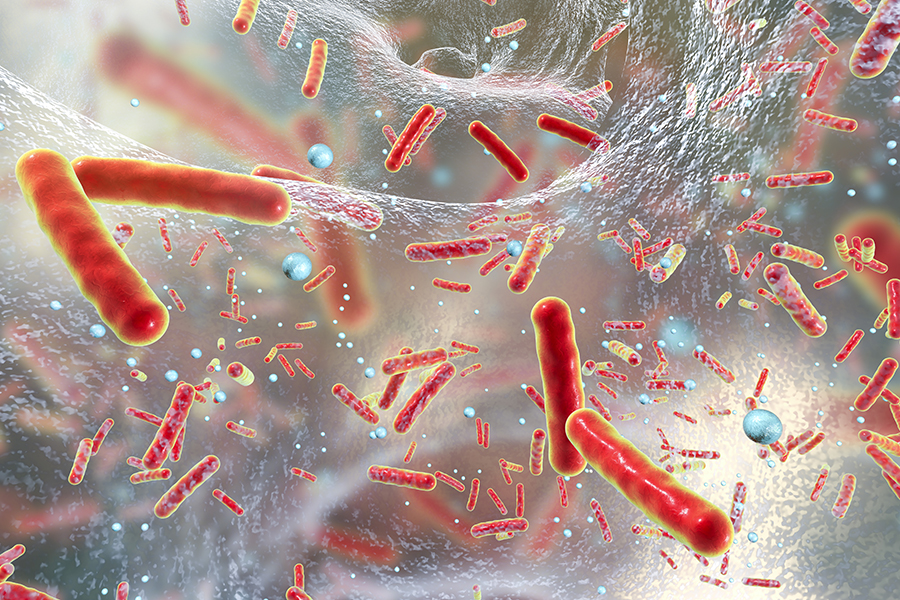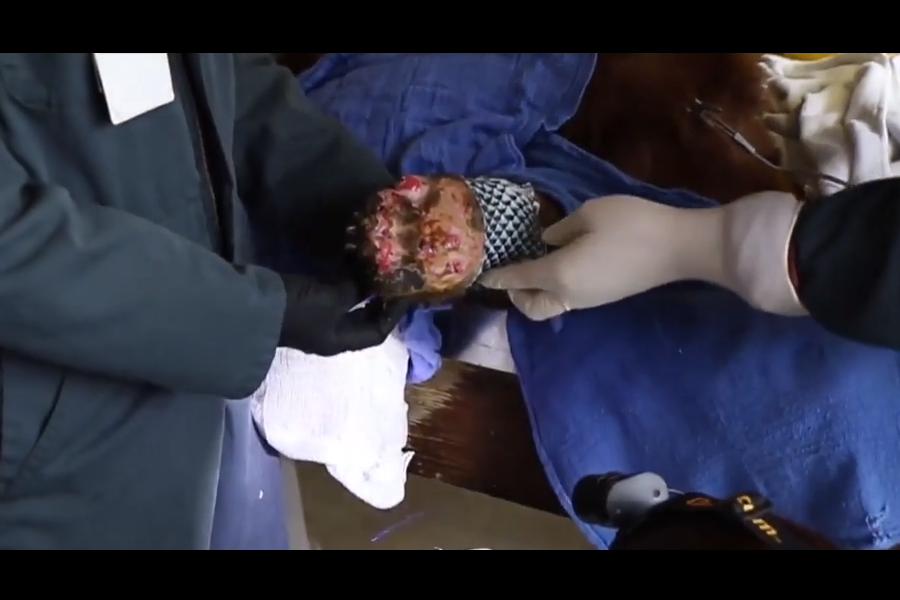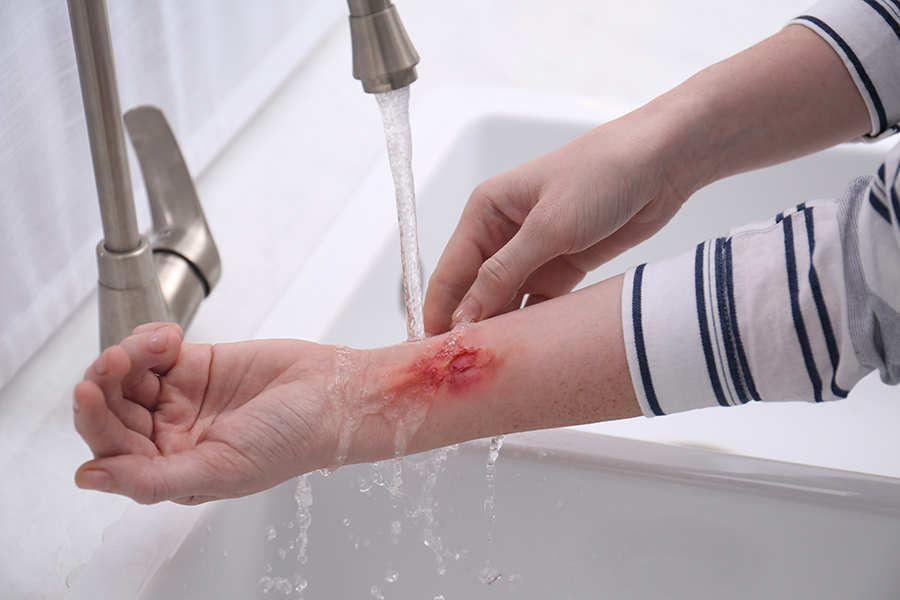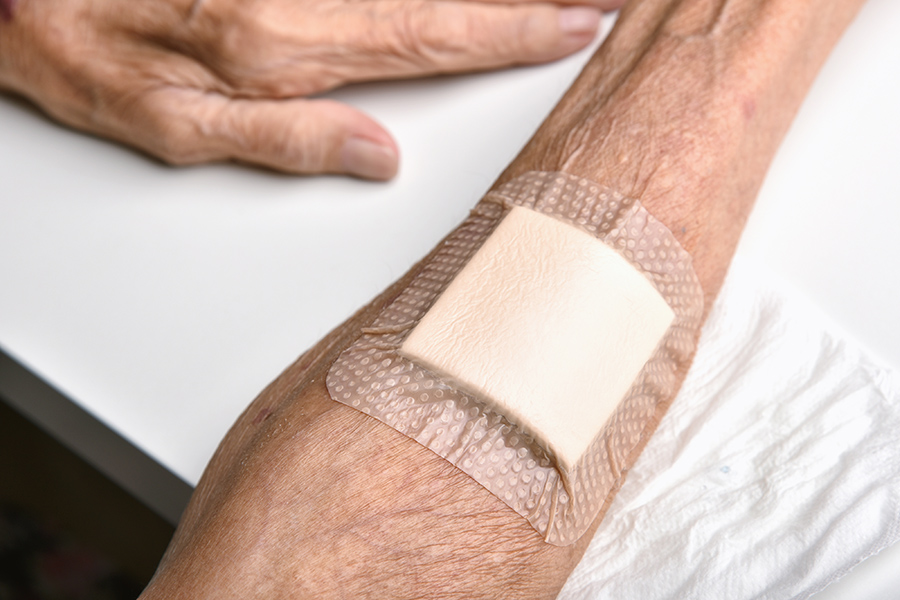January has been designated as National Blood Donor Month to encourage donors to give the lifesaving donation of blood. The nation’s supply of blood is often low during the winter months because of travel schedules, winter weather and illness, which can prevent people from donating.
Every day in our country, approximately 39,000 units of blood are required in hospitals and emergency treatment facilities. Blood can’t be manufactured, it can only be donated – and just one pint of donated blood can help save the lives of up to three people. This donated blood is needed for patients with cancer and other diseases, for organ transplant recipients, for women during and after delivery, and to help save the lives of accident victims. Blood transfusions save the lives of approximately 10,000 Americans each day.
Many of Shield HealthCare’s customers and employees have received or are receiving the lifesaving donation of blood. Thanks to the generosity of donors, donated blood, marrow, organs and tissue save the lives of more than 4.8 million Americans each year. By giving the gift of life, donors are true everyday heroes.
Facts About The Need For Blood:
- More than 1.6 million people were diagnosed with cancer last year. Many of them will need blood on a daily basis during their chemotherapy treatment.
- To meet the need for blood, more than 41,000 blood donations are needed every day.
- 25% or more of us will be given donated blood at least once in our lifetime
- The average red blood cell transfusion requires approximately 3 pints.
- The blood type most often requested by hospitals is Type O.
- An individual with serious injuries from a major automobile accident may require up to 100 pints of blood.
- Seriously burned patients can require 20 or more pints of blood.
- Sickle cell disease affects more than 70,000 people in the U.S., and approximately 1,000 babies are born with the disease each year. Sickle cell patients can require frequent blood transfusions throughout their lives.
- One donated pint of blood is separated into red cells, platelets, and plasma – and can save the life of 3 people
To learn more about blood donation, or to see if you are eligible to donate, visit the American Red Cross, AABB, United Blood Services, or your nearest hospital or medical facility.
Shield HealthCare would like to thank all generous donors for giving the gift of life.
Source information provided by the American Red Cross and the Association of Donor Recruitment Professionals.













